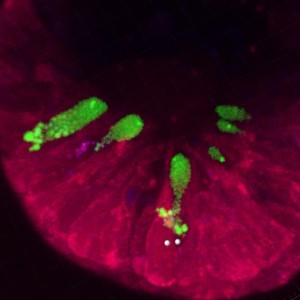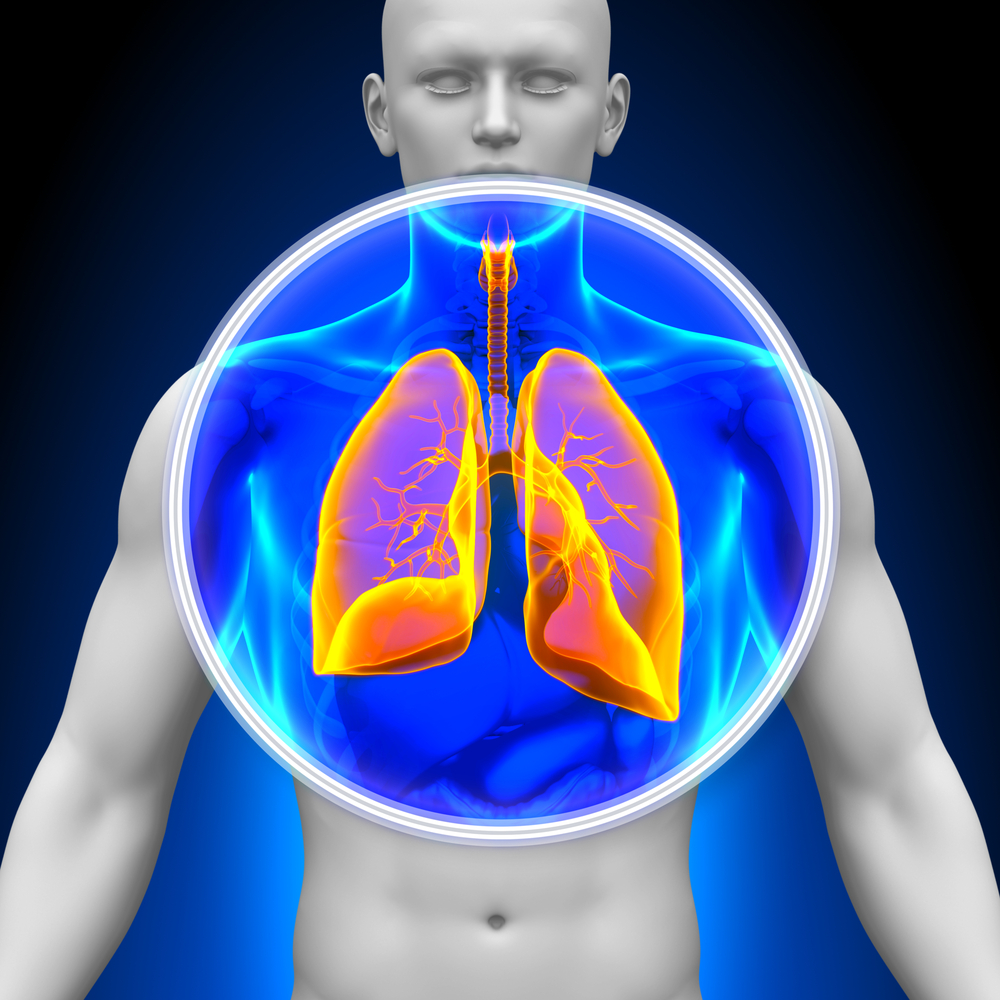
CREDIT
University of Missouri
A recent study on cystic fibrosis suggests that mucus retained inside the cells of patients with cystic fibrosis may contribute to potentially fatal infections. The study entitled “Defective goblet cell exocytosis contributes to murine cystic fibrosis–associated intestinal disease” was published in the Journal of Clinical Investigation by Jinghua Liu, first author, and Dr. Lane L. Clarke, senior author, from the Dalton Cardiovascular Research Center at University of Missouri, Columbia, Missouri, USA, and further colleagues.
Cystic fibrosis (CF) is a genetic disease affecting one in every 3,000 children in populations of Northern European descent. The disease affects various organs and is characterized by mutations in the cystic fibrosis transmembrane conductance regulator (CFTR) protein, an epithelial anion channel mainly responsible for transepithelial secretion of chloride and bicarbonate.
In CF, mucoviscidosis is one of the most common features and is characterized by persistent, viscid mucus produced in the glands and ducts of affected organs, such as the airways and intestine. Mucoviscidosis leads to inflammation, changes in epithelial-microbial interactions and impairs innate immunity. The composition of mucins differs according to the organ affected by CF but all the organs show mucoviscidosis, suggesting a common pathogenesis. In CF epithelia, the production of mucus with changed rheological properties, i.e. dehydrated mucus, is associated with a deficient secretion of salt and water.
[adrotate group=”9″]
Professor Lane Clarke said in the news release that now it is better understood how mucus is trapped inside the cells and researchers can start developing potential therapies for patients with cystic fibrosis to facilitate cells’ ability to more effectively clear sticky mucus. Professor Clarke added that normally special cells, such as goblet cells, produce mucus and naturally release it out to the linings of the organs where it should be.
“However, in cystic fibrosis patients, some cells that create the mucus fail to completely release the mucus, so the mucus becomes stuck halfway in and halfway out. This makes mucus clearance more difficult and potentially would allow bacteria to have an easy pathway to infecting cells to cause diseases like pneumonia,” concluded Professor Clarke.

